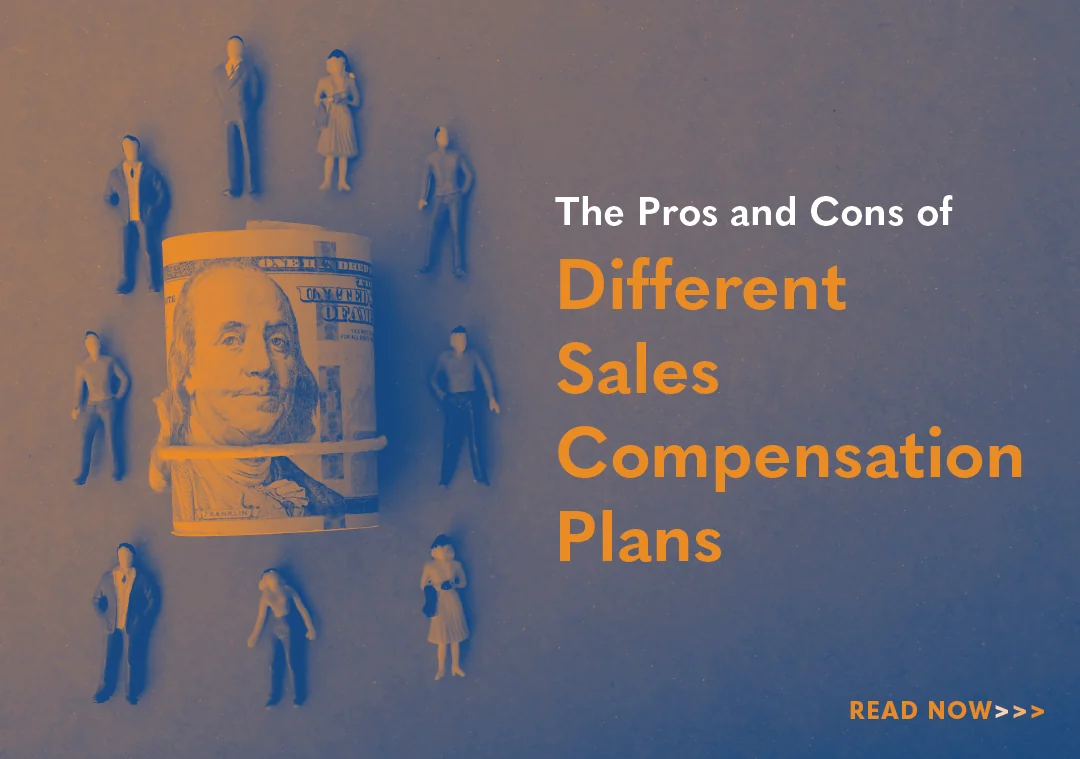Sales Contests Reps Love

It’s the last day of the month, and the sales team rolls in early. They’re excited, engaged, and talk about the opportunities they want to close before the end of the day. At least, that’s how the sales leader envisioned it when they created this month’s sales contest. Most sales contests are created with the best intentions, but many slowly lose momentum and are quietly shelved without much fanfare. In this article, we will explore how sales leaders can create sales contests that excite the sales team and deliver the bursting enthusiasm envisioned.
Some sales leaders say, “Motivation is not permanent. It does not drive long-term performance.” That may be true, but showering is not permanent, which is why we do it every day, Zig Ziglar once replied. If you are one of those sales leaders that do not like the term motivation, then call it Esprit de Corps, like the Marine Corps. The understanding is that, as a sales team, we take pride in the hardships and our accomplishments. Regardless of what you call it, few will argue that high intensity is a huge success factor for sales reps and sales teams. The question is, how do sales leaders inspire daily enthusiasm and cultivate that into the sales culture? Sales contests are a great tool.
Make Contest a Part of Culture
Whatever you call them — spiffs, incentives, or contests — when done right, salespeople love contests. In sales, managing the right behaviors solves most sales problems. Sales contests are a tool that sales leaders can use to manage daily sales behaviors. It is my opinion that one of the best ways to create a high-performance sales culture is to promote healthy frequent competition. Running regular sales contests is a tool sales leaders can deploy to create healthy competition among the sales team. Without healthy competition, even successful sales organizations can become complacent. Complacency leads to failure, and sales contests provide a simple tool sales leaders can leverage to avoid complacency.
Why Run a Sales Contest
Old school sales leaders will say, “We give our sales reps a healthy base salary, quarterly commissions, and an end-of-the-year bonus, based on their performance. If it’s part of their job description, why do I need to offer sales contests?”
You should run a sales contest for a few reasons. First, if you’ve experienced a downturn in sales and need to boost revenue in a specific amount of time, a sales contest is a great tool. You can set the time of the contest to match your time frame and motivate the team to reach their targets.
Another reason you may want to run a sales contest is if your company launched a new product and you want to gain traction. A contest can be the motivator your sales team needs to announce the new product to the market with authority. This is how you can jump start product adoption and build momentum. It’s not uncommon to see a new product launch fail because the sales team has zero incentive to promote it. Sales leaders can use sales contests to align outcomes to behaviors.
The key to success for any contest is to be specific with your desired outcomes and timeframe. The biggest mistake that sales leaders make is that they come up with a generic sales contest because they want more revenue. Then they wait to see how much more the sales team can sell. These types of sales contest rarely achieve the desired sales outcomes because of the lack of basic structure. Instead, break the sales contest down into micro-behaviors, like new contacts, booked appointments, and delivered meetings. Creating sales contests around these micro-sales behaviors is the key to success.
The Basics
The purpose of any sales contest is to drive sales behaviors that are of high value to your company and will generate the sales outcomes you desire. With the right contest structure, your sales team will do everything they can to win the contest. Here are the basics required for a successful sales contest.
Set Goals
The goal may seem obvious, but the greater the transparency in the goal, the more likely the sales team will get behind the sales contest. For example, a simple goal may be new client activations. The real reason behind the desire to grow new client activations is that the company is looking to raise venture capital. Client acquisition is a KPI that most VCs pay close attention to. So, by reaching the goal of growing new client activations, the company will most likely attain funding. When the company attains funding, new opportunities for promotion will become available as the sales team expands.
In other words, it’s imperative to place a “why” behind the sales goal that the sales team can buy into. Increasing top-line revenue so the sales leaders can make more money does not work. The reason we set goals for a sales contest is to drive specific behaviors and to create enthusiasm. Therefore, the goal needs to be personal.
Celebrate the Wins
Every day is a day to find opportunities to celebrate wins. Very often, a sales rep will perform a herculean task, like saving a key client from cancellation and unresponsive sales leaders will act like it was no big deal. Great sales managers know that finding ways to celebrate the little “W” on average days will promote a healthy sales culture.
Design Contest with Consensus
I think one of the worst mistakes a sales leader can make is to develop the sales contest on their own. Instead, involve your sales team in the decision-making process of designing the next sales contest. Veteran sales reps who have participated in numerous contests will have great input. Newer sales reps will feel valued if they get to contribute to the sales contest design. This ties into setting goals and creating transparency. Having tried this in the past, I’m always surprised at what the sales team dreams up.
Another key aspect of consensus is to have more than one winner. Often, weaker sales reps recognize they have little chance of winning in a winner-take-all sales contest, and the contest fails to drive behaviors. Designing the sales contest so that there is more than one winner helps build buy-in. When designing a sales contest, it is critically important to create a contest that the entire sales team can commit to. And by commit, we mean give it their best effort. When sales teams commit, you are on your way to building a winning sales culture.
In Conclusion
Creating a sales contest where the winner receives a set of steak knives will not drive the sales behavior you desire. Creating a winning sales contest requires creativity, structure, and consensus. Finding ways to design contests around daily wins will keep the sales team engaged and feel like they are contributing to the company’s success. When you keep the sales team engaged daily and promote healthy competition, you are well on your way to building a high-performance sales culture. Don’t underestimate the power of sales contests in your quest for high performance.
Comments are closed.

- Account Planning (11)
- Awards (49)
- Client Testimonial (37)
- Personal Branding (19)
- Podcast (11)
- Research (70)
- Sales Career Development (87)
- Sales Coaching (156)
- Sales Consulting (137)
- Sales Culture (170)
- Sales Enablement (354)
- Sales Leadership (109)
- Sales Management (248)
- Sales Negotiation (16)
- Sales Prospecting (125)
- Sales Role-Playing (18)
- Sales Training (234)
- Selling Strategies (263)
- Soft Skills (70)
- Talent Management (94)
- Trusted Advisor (27)
- Virtual Selling (49)
- Webinar (9)



























I see organizations that are really good at this building travel rewards. Either a successful sales trip for the ones hitting the goal or even a trip to an industry event/conference where the winners are actually gaining knowledge and skills while you reward them for their success!